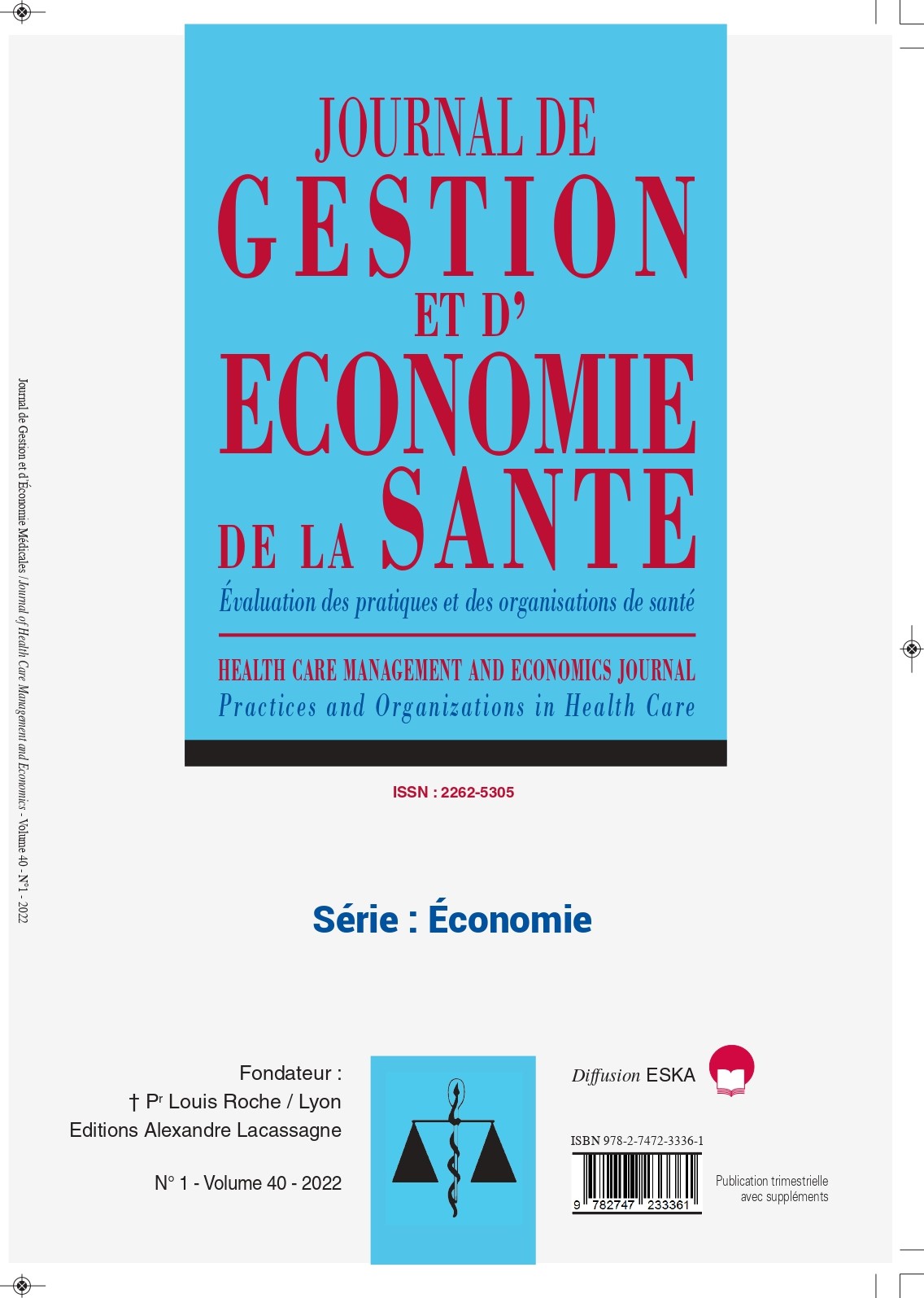IMPACT DU PALUDISME SUR LA FÉCONDITÉ : APRÈS SEPT ANS DE LUTTE AU MALI
Mots-clés:
Paludisme, Fécondité, Susceptibilité, Dogon, PeulhRésumé
En utilisant la différence naturelle de susceptibilité au paludisme entre les ethnies Dogon et Peulh et la diminution de la prévalence du paludisme entre 2006 et 2012, j’ai analysé l’impact du paludisme sur la fécondité au Mali. En se basant sur les données de deux passages de l’enquête démographique et de santé et sur la méthode de double différence, combinée à une estimation par la technique de variable instrumentale, je trouve un effet négatif robuste du paludisme sur la fécondité. Les résultats suggèrent que la diminution de la prévalence du paludisme est inversement proportionnelle à l’augmentation de la fécondité, et que l’éducation maternelle et la mortalité infantile sont les principaux moteurs de l’effet. Cela pourrait augmenter la part de la population non productive, ce qui pourrait diminuer le PIB par habitant. Les politiques qui s’attaquent à la forte fécondité au Mali, doivent améliorer l’éducation des mères, la survie des enfants et lutter efficacement contre les conditions de santé précaires pendant la grossesse et l’accouchement.
Publiée
Comment citer
Numéro
Rubrique

Ce travail est disponible sous licence Creative Commons Attribution - Pas d’Utilisation Commerciale 4.0 International.









